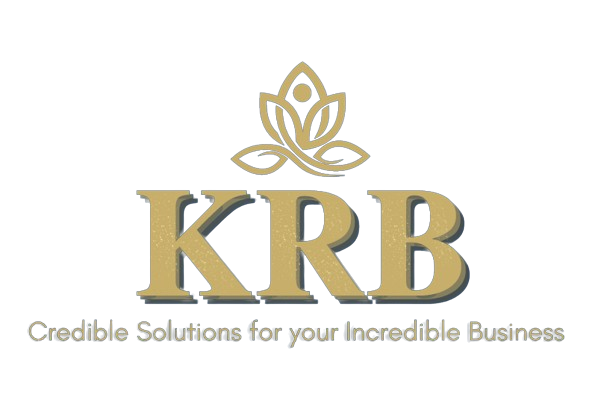Sound Recording Copyright
A sound recording is a reliance on a series of sounds that does not go with an audiovisual work. Copyright in sound recordings is somewhat limited than copyright, in other works—it includes a right to perform the work to the public, but only “Using a digital sound recording.” Performing a sound recording to the public in an interchangeable manner does not involve the copyright in the sound recording.
When a sound recording is conditional on a musical work, several uses of the sound recording includes the musical work. In such instances, if a license is required, it must be obtained from the rights holder of the work.
What are the Essentials for Copyright for Sound Recording?
- The copyright for sound recordings & composition can be done with ease, provided the work must be original and must be reduced in such a way that is printed, reduced to writing, or graphically produced or reproduced.
- For an Artist, the Copyright for Sound recording means the law wants the harmony of presentation on individual elements comprising of various elements like tone, duration, timbre, voice to be expressed in a tangible form.
- The copyright for a sound recording does not exist unless the work is first published in India. However, for the work that is unpublished, the owner must be a citizen of India at the time of making the work.
- The copyright of a Sound recording consists of other elements – such as lyrics and sounds. For both the elements, two separate copyrights in the same work can subsist, where each owner of the copyrighted work holds the exclusive ownership over their specific work.
Key Features of Copyright for Sound Recording
- There must be “originality” in musical work or sound recording and the original work needs to be submitted.
- Copyright in sound recording must allow the complete rights in allocation, licensing the work and restricting others from using the work.
- There must be tangibility of the creation.
- In case of contractual terms, if the sound recordings are done by commissioning the lyricist or singer, the employer who authorizes the agent is known to be the First owner of the Copyright.
What are the Advantages of Copyright for Sound Recording?
Copyright for Sound Recording is a legal declaration used to convey the rights that the owner possesses over their works. By obtaining the copyright for sound recording, the owner will be able to acknowledge the ownership of your work. Hence, an individual should protect his work by registering for a copyright license. The advantages of Copyright for Sound Recording are-
- It provides protection to various components of Sound recording such as lyrics, Composition of music, Recording the sound recording on tape etc.
- The rights subsisting in a sound recording can be assigned, reassigned and licensed.
- The owner of copyrighted sound recording can reproduce the work and can keep it in any mode.
- The owner can perform the work in public and can also make certain modification in the work etc.
- The owner can bring the person who has breached the copyright to the court.
- The owner of the copyrighted song also possesses a right to have his name published in all copies of his work,
- It restricts modification and misrepresentation of original work of the owner.
What is the Procedure to obtain the Copyright for Sound Recording?
By obtaining the Copyright for Sound recording, the owner establishes the legal claim over the work. It also serves as an essential document for the public record of ownership. It allows the owner to sue a violator for unlawful use of the work and also claim the penal damages for the loss occurred due to such reproduction. The procedure for Copyright for Sound Recording is as follows:-
- The applicant shall make an application on Form XIV. Where the application includes Statement of Particulars and Statement of Further Particulars.
- Individual applications should be made for registration of each work.
- Once the receipt of the application is received, 30 days mandatory cooling-off period starts, during which objections to the grant of such copyright can be filed.
- If objections are raised, all such objections are scrutinized and the applicant is required to give a reply on the same and after hearing both parties, the Registrar will issue a certificate of Copyright for Sound Recording.
